DBT Interpersonal Effectiveness Skills
By mastering the different types of effectiveness the client can take a significant step toward creating new and satisfying relationships.
DBT Interpersonal Effectiveness
Those who have completed module 1 of their DBT training – Emotion Regulation – can move on to the DBT Interpersonal Effectiveness module. The goal of cultivating Interpersonal Effectiveness Skills is to help build and maintain healthy, beneficial relationships. Some people naturally possess a wealth of interpersonal skills. But for many more people, they can be elusive. DBT London have carefully examined effective interpersonal skills and concluded they fall into any of four categories. Once mastered, these skills can benefit almost anyone, but especially those who came from difficult family circumstances or who manifest an attachment disorder.

The Core Modules of DBT Training
DBT training is broken down into four core modules. They are:
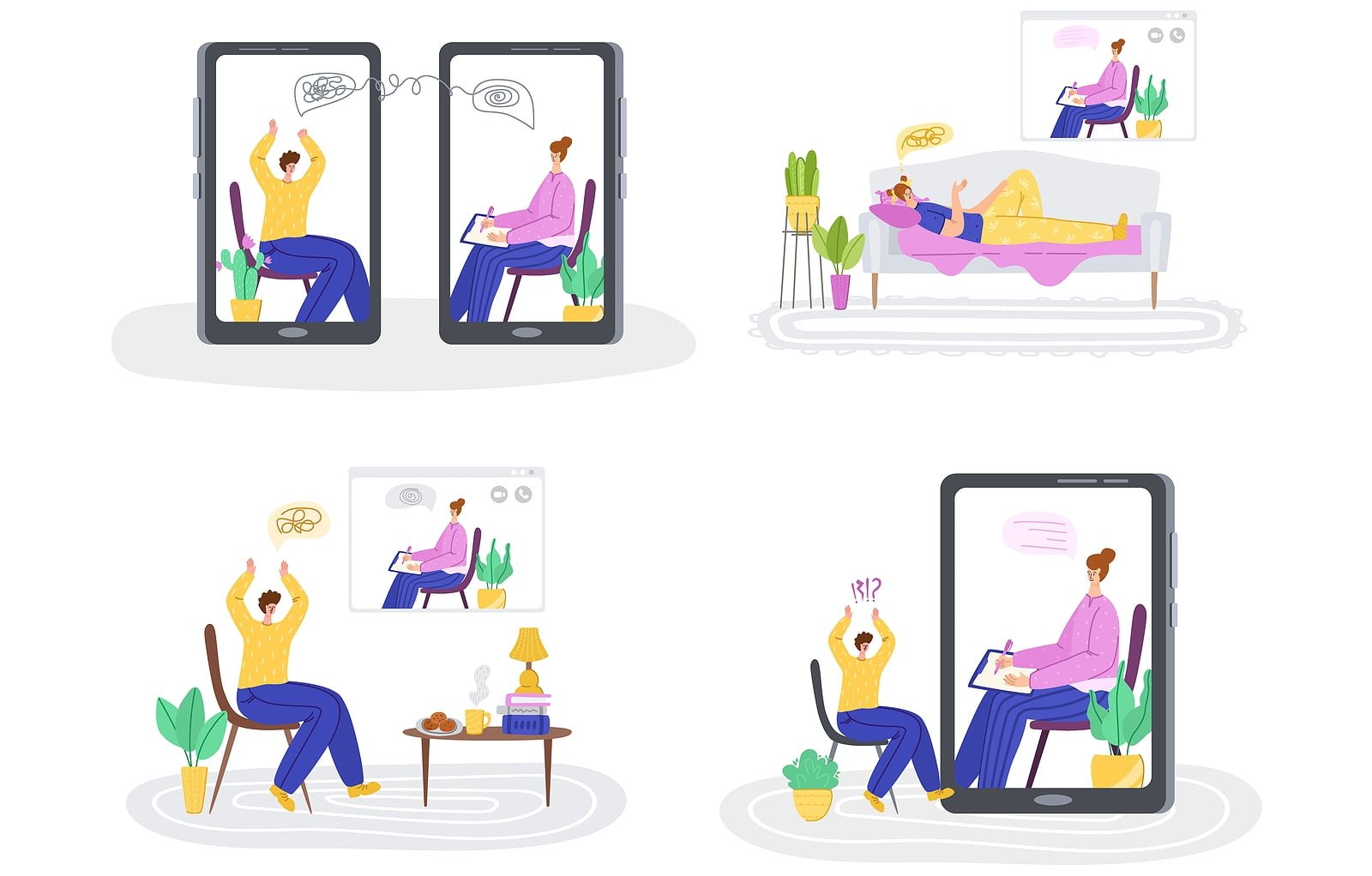
Emotional Regulation
Getting a hold of one’s emotions is vital if we are to form and maintain lasting productive relationships with other people. DBT Emotion Regulation teaches clients how to identify emotions, understand their nature and avoid emotional extremes.
Interpersonal Effectiveness
Some people are born with an innate ability to interact with others. Most of us are not. By the time they complete the Interpersonal Effectiveness module, however, clients should be less prone to lashing out, shutting down or engaging in self-sabotage by trying to people please. They will also learn how to set boundaries, say “no” when appropriate, and ask for what they need.
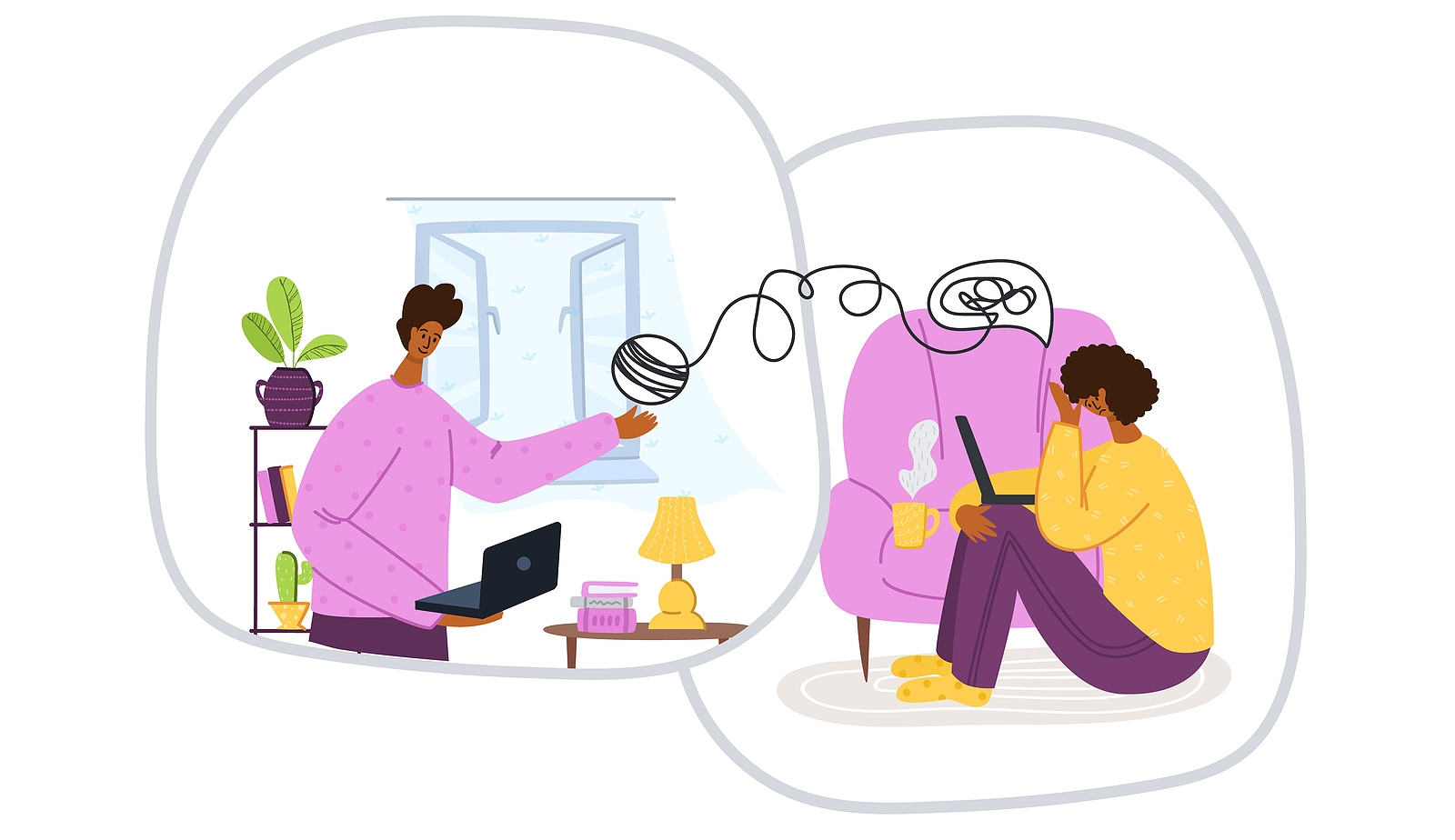
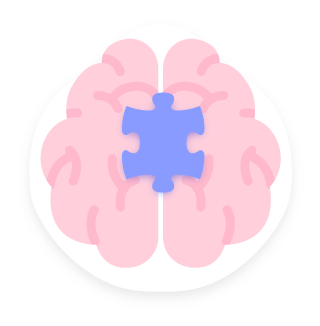
Mindfulness
Mindfulness is a way of learning to accept the here and now without subjecting it to judgment or expectations. By incorporating mindfulness into their everyday life clients will be better able to fend off emotional ups and downs. They will also be less needy and better able to form lasting bonds with other people.
Distress Tolerance
A person who is easily “triggered” will often feel frustrated by what they perceive (after the fact) as a lack of self-control. By learning effective Distress Tolerance techniques the client will stop presenting buttons for others to push and become a less reactive person.
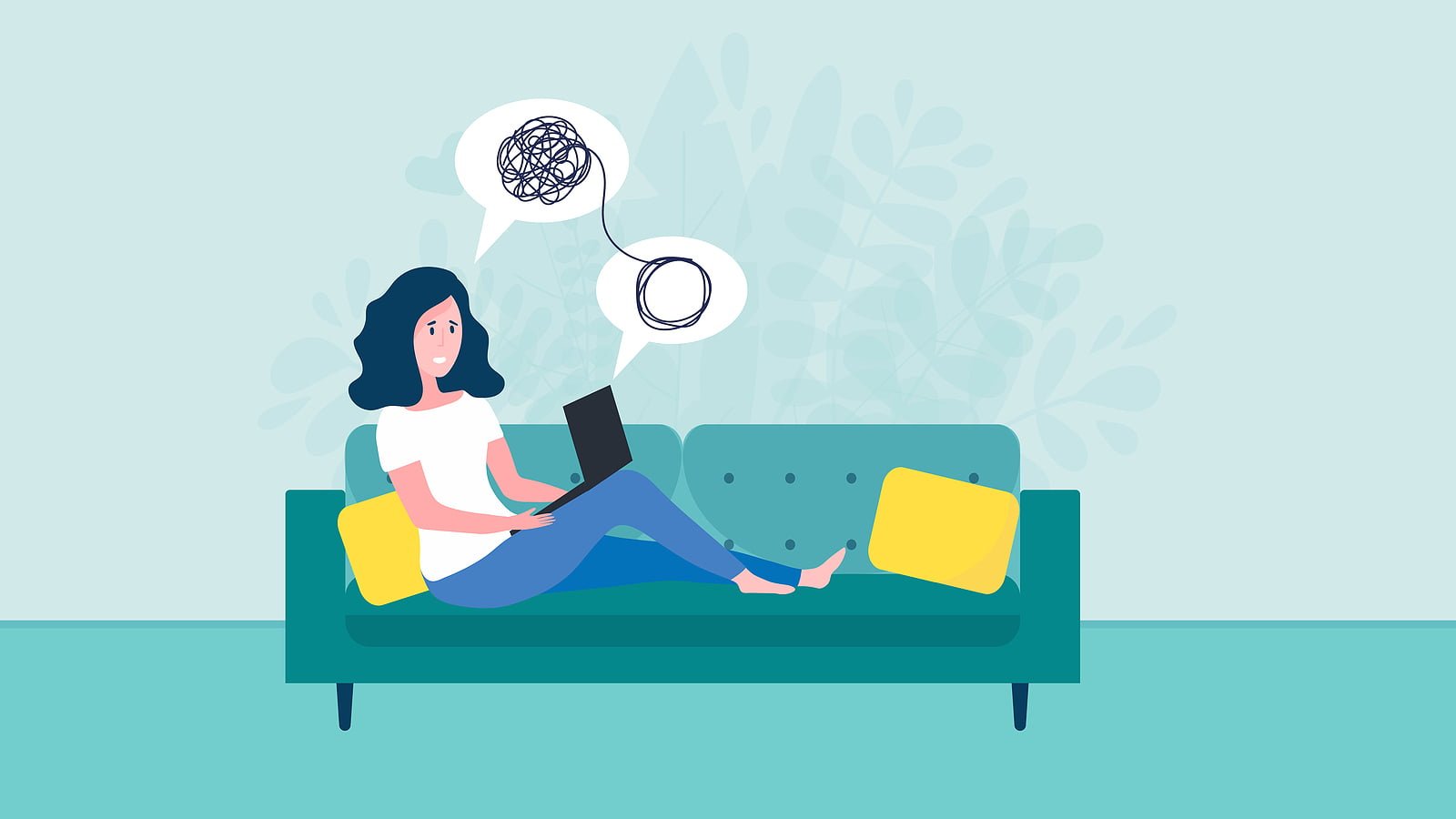
Goals and Tools of Interpersonal Effectiveness
Once a client has completed the first module – Emotion Regulation – they are ready to move on to the second module, Interpersonal Effectiveness. This module focuses on the three types of effectiveness that must be addressed, particularly when treating those with Borderline Personality Disorder.
- Objective Effectiveness
- Self-Respect Effectiveness
- Relationship Effectiveness
All three types of Interpersonal Effectiveness are typically at play in any given personal interaction. For example: a person might expect the cashier in a store to say “thank you”. This is the objective outcome of the interaction. The person may feel disrespected if the cashier does not say thank you which can trigger an outsized emotional reaction. Alternately, the person may be more fixated on conflict-free relationships rather than self-respect issues and feel the lack of a thank you undermined interpersonal harmony for no good reason, again triggering an emotional response.
When it comes to Self-Respect Effectiveness the acronym is FAST and is broken down thus:
F = Fair. As in, strive to be fair to yourself and the other person in any interaction.
A = Apologize only when it is appropriate.
S = Stick. That is, be true to yourself, stick to your values and don’t compromise your integrity.
T = Truthfulness. Be honest. Avoid exaggerating or using other tactics to gain an edge over others.
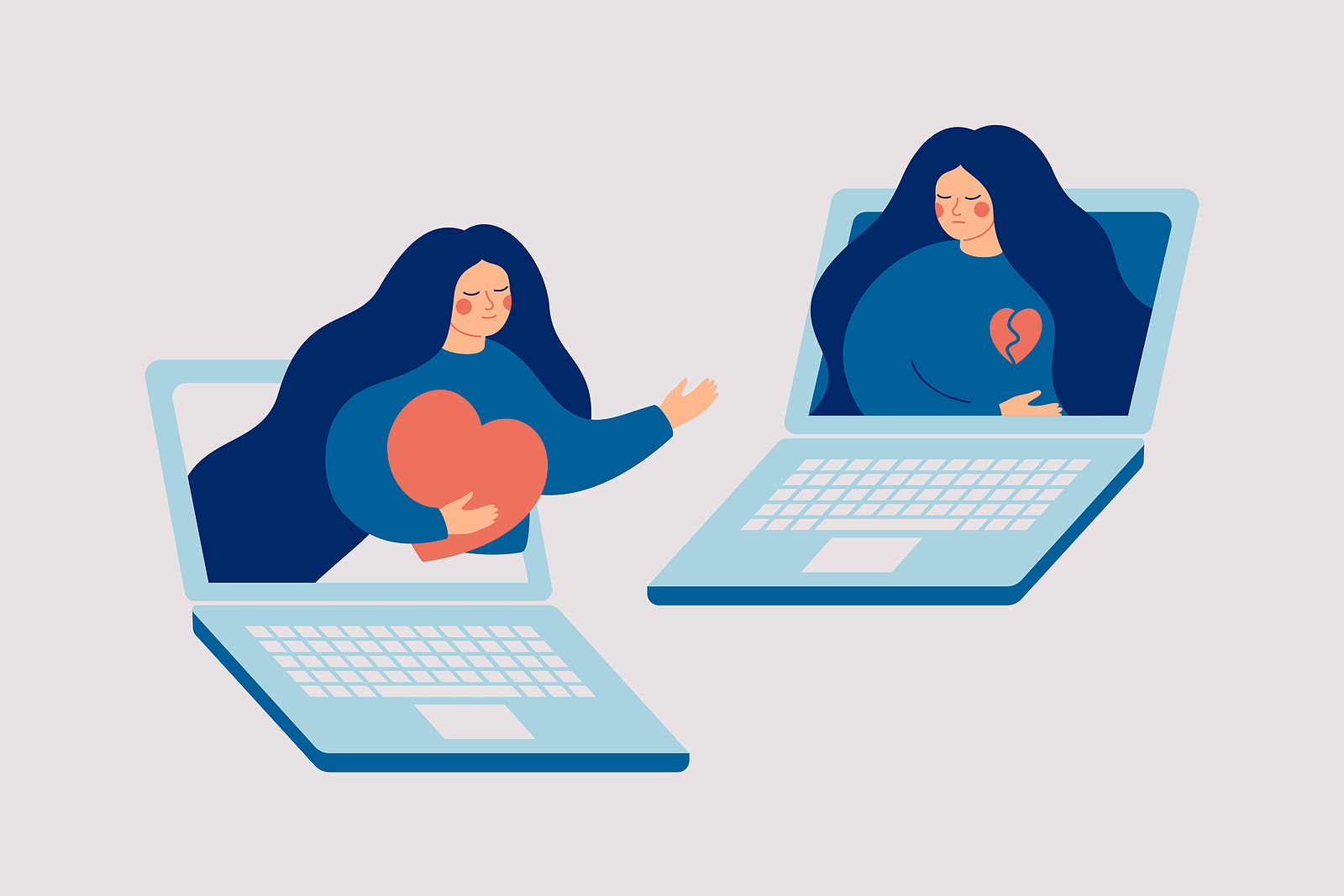
In order to help the client incorporate the principles of Dialectical Behaviour Therapy more easily into their life, the DBT therapist uses different acronyms which they associate with each of the three types of effectiveness. The acronym used to remember skills related to Objective Effectiveness is DEAR MAN, broken down as follows:
D = Describe. As in, describe the situation in an objective, judgment-free way.
E = Express. As in, express to the other person involved how the situation made you feel.
A = Assert. That is, assert yourself by stating clearly and concisely what you want or don’t want.
R = Reinforce. Make it clear why you desire a given outcome.
M = Mindfulness. Stay in the moment, focused on the situation and the goal.
A = Appear. As in, appear confident in your person and your requests.
N = Negotiate. Be flexible. Acknowledge the need to give and take
The last of the three types of effectiveness is Relationship Effectiveness. For Relationship Effectiveness the acronym is GIVE, which stands for:
G = Gentleness. Avoid appearing aggressive, passing verbal judgment or using a threatening manner.
I = Interested. That is, show you are interested in a mutually satisfying outcome by appearing interested in what the other person is saying.
V = Validate. We all crave validation, including the other person in your interaction. So acknowledge their feelings and point of view.
E = Easy. That is, stay clear of the emotional edge by adopting an easy, light-hearted manner.
Contact DBT London
To learn more about DBT Interpersonal Effectiveness Skills call DBT London today on 0800 061 4225.
